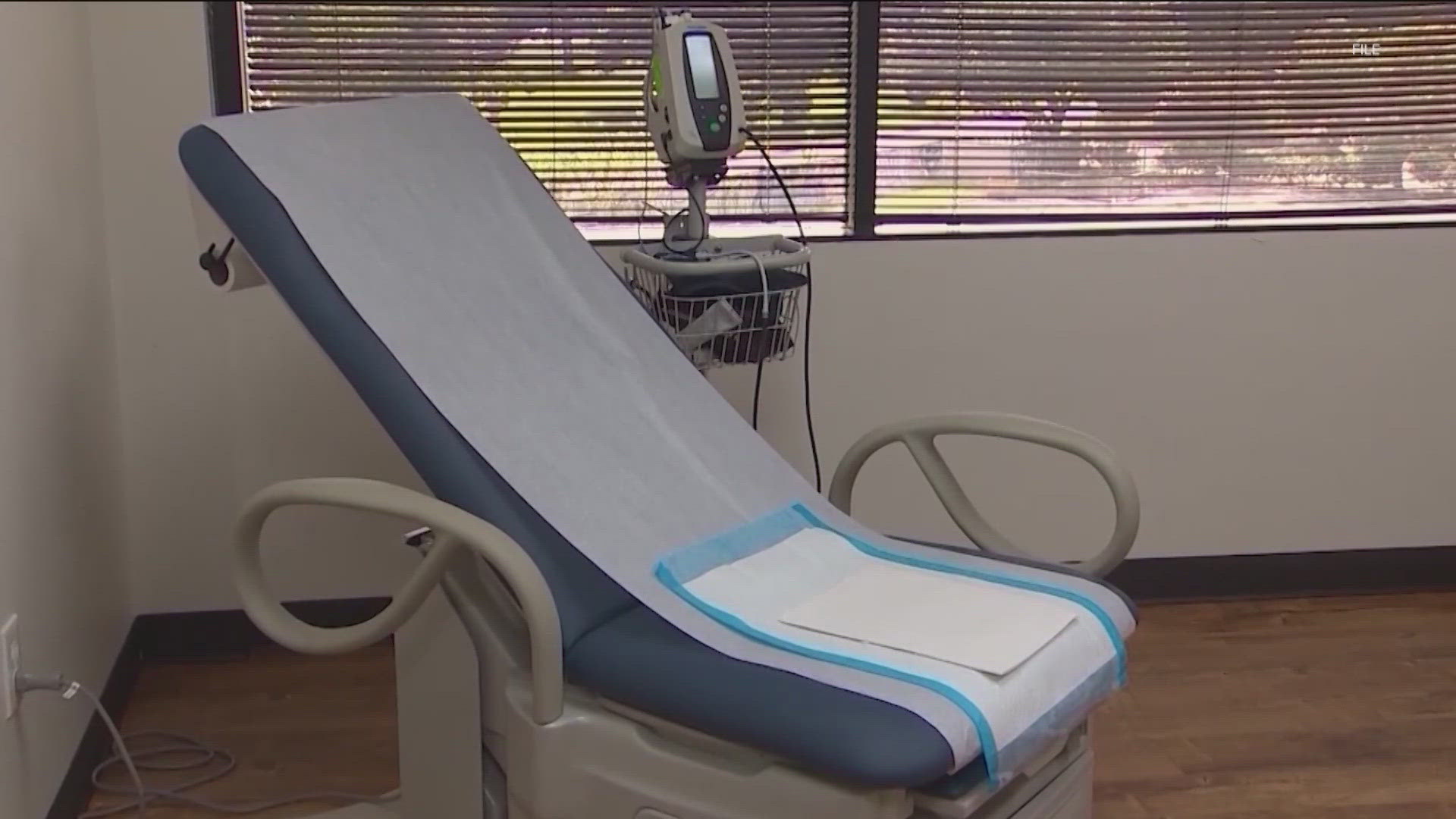After a flurry of sexual assault allegations in the entertainment industry, government, and social media spurred the #MeToo campaign, the Texas Association Against Sexual Assault released guidelines in January for prevention strategies intended for schools and institutions.
“We reached a turning point in 2017, and we find ourselves asking, 'What's next?'' said TAASA Executive Director Rose Luna. “If we are going to end sexual violence, we cannot rely on the same policies and prevention approaches that have brought us to this point.”
The sexual harassment prevention strategies listed in the TAASA's white paper focuses on leadership, policies and training.
According to representatives with TAASA, sexual harassment is likely to continue in an institution without a firm commitment from managers and staff to end the abuse. In a similar way, key leaders in an organization should set up policies for sexual harassment prevention with training seminars, accessible avenues for reporting, steps to eliminate risk factors and retaliation. Leaders should also assure their subordinates that appropriate action will be taken when an incident is reported.
“Incidents of sexual harassment and other demeaning behaviors at the workplace indicate a failure of leadership,” Luna said.
Read the full TAASA White Paper here.


